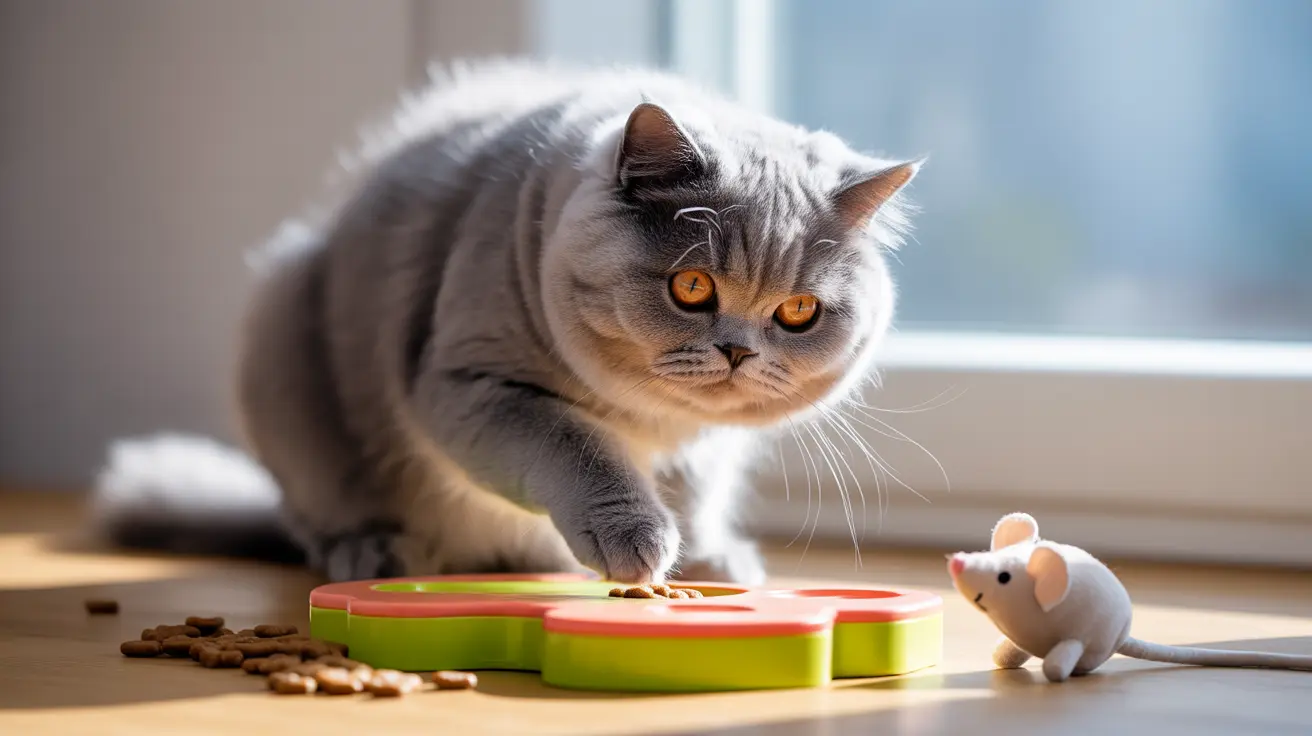If you've noticed your cat is always hungry after being spayed, you're not alone. This common phenomenon affects many feline companions following their spay or neuter surgery, leaving pet parents concerned about their cat's sudden increase in appetite and potential weight gain. Understanding why this happens and how to manage it effectively is crucial for maintaining your cat's health and happiness.
In this comprehensive guide, we'll explore the reasons behind your cat's increased appetite after sterilization and provide practical solutions to help manage their hunger while preventing unhealthy weight gain.
Understanding Post-Spay Appetite Changes
The connection between spaying and increased appetite stems from significant hormonal changes that occur after surgery. When a cat is spayed, the removal of reproductive organs leads to decreased levels of estrogen and other hormones that naturally help regulate appetite and metabolism. This hormonal shift can trigger persistent hunger signals and make it harder for your cat to feel satisfied after meals.
Research shows that cats may experience up to a 33% reduction in their metabolic rate after being spayed or neutered, while simultaneously developing an increased appetite. This combination creates the perfect storm for potential weight gain if not properly managed.
Managing Your Cat's New Appetite
Rather than giving in to your cat's increased demands for food, it's essential to implement strategic feeding practices that help maintain a healthy weight while keeping your pet satisfied. Here are several effective approaches:
Portion Control and Meal Timing
Instead of free-feeding, establish a consistent feeding schedule with measured portions. Consider dividing your cat's daily food allowance into 3-4 smaller meals throughout the day. This helps prevent hunger while controlling caloric intake.
Choosing the Right Diet
Select foods specifically formulated for spayed and neutered cats. These diets typically feature:
- Higher protein content to maintain muscle mass
- Increased fiber to promote satiety
- Reduced caloric density
- Added L-carnitine to support healthy metabolism
Encouraging Physical Activity
Physical activity becomes even more crucial after spaying, as it helps burn calories and maintain a healthy weight. Implement these strategies to keep your cat active:
- Schedule regular play sessions using interactive toys
- Create vertical spaces for climbing and exploration
- Use food puzzles and treat-dispensing toys to make eating more engaging
- Set up cat trees and scratching posts throughout your home
Monitoring Your Cat's Health
Regular health monitoring is essential after spaying to ensure your cat maintains a healthy weight despite their increased appetite. Keep track of:
- Monthly weigh-ins
- Body condition score
- Food intake
- Activity levels
Frequently Asked Questions
Why is my cat always hungry after being spayed or neutered?
Your cat's increased hunger is primarily due to hormonal changes after surgery. The removal of reproductive organs affects metabolism and appetite-regulating hormones, making your cat feel hungrier than before.
How can I prevent my spayed or neutered cat from gaining weight?
Prevent weight gain through portion control, scheduled feeding times, appropriate diet selection, and regular exercise. Measure food carefully and avoid free-feeding.
What type of food is best for a cat that's always hungry after spaying or neutering?
Choose specially formulated foods for spayed/neutered cats that contain higher protein, increased fiber, and L-carnitine. These diets help maintain lean muscle mass while promoting satiety.
Does spaying or neutering really make cats more likely to become obese?
Yes, spayed/neutered cats are more prone to obesity due to decreased metabolism and increased appetite. However, obesity isn't inevitable with proper diet and exercise management.
How often should I feed my cat after being spayed or neutered to avoid overeating?
Feed 3-4 small, measured meals throughout the day rather than providing unlimited access to food. This helps control portions while satisfying your cat's increased appetite.
Conclusion
While your cat's increased hunger after spaying can be challenging to manage, understanding the cause and implementing appropriate feeding and exercise strategies can help maintain their health and weight. Stay consistent with portion control, choose the right diet, and maintain regular veterinary check-ups to ensure your cat stays healthy and happy after their surgery.






